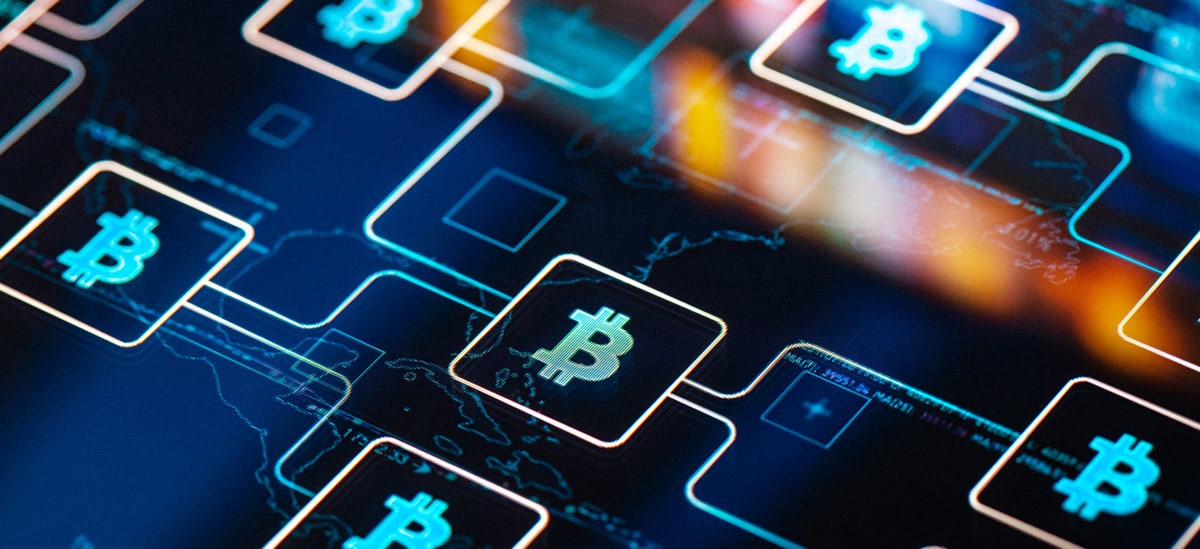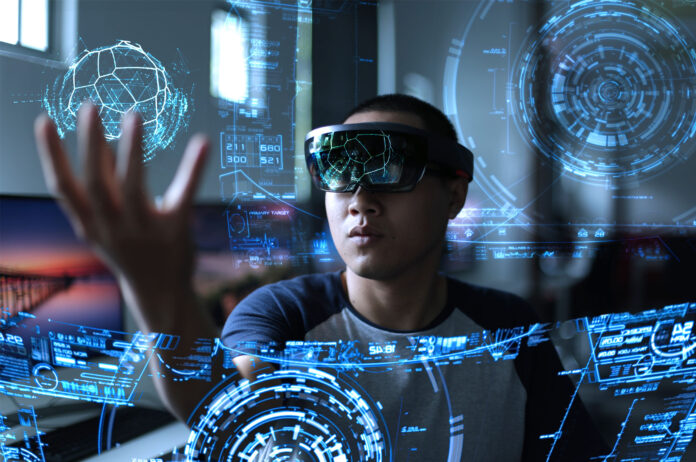Introduction
Technology continues to evolve at an unprecedented pace, shaping every aspect of our lives. From artificial intelligence to blockchain and the Internet of Things, breakthroughs in technology have revolutionized industries and transformed the way we live, work, and interact. As we look ahead, it’s crucial to examine the emerging trends and make predictions about the future of technology. In this article, we will explore some key trends and predictions that are likely to shape the technological landscape in the coming years.
Artificial Intelligence (AI) and Machine Learning (ML)
Artificial Intelligence and Machine Learning have already made significant strides, and their impact is poised to grow exponentially. AI-powered systems are becoming more intelligent, capable of analyzing vast amounts of data, and making decisions with minimal human intervention. In the future, AI is predicted to play a crucial role in various sectors, including healthcare, finance, transportation, and manufacturing. With advancements in deep learning algorithms, natural language processing, and computer vision, AI will continue to enhance automation, personalization, and decision-making processes.
Internet of Things (IoT)
The Internet of Things, the interconnection of everyday objects via the internet, has already started to transform our homes and cities. In the future, IoT will become even more pervasive, with billions of connected devices forming a vast network of information and communication. This interconnectedness will enable more efficient energy management, intelligent transportation systems, smart homes, and seamless integration of technology into our daily lives. However, concerns about privacy and security will also demand robust solutions to protect sensitive data.
5G Connectivity
The advent of 5G technology promises to revolutionize connectivity by offering faster speeds, lower latency, and greater capacity. With 5G, the proliferation of connected devices will accelerate, enabling technologies such as autonomous vehicles, remote surgeries, and augmented reality to flourish. The ultra-fast and reliable network will unlock new possibilities for industries, transforming how we communicate, collaborate, and access information.
Blockchain Technology
Blockchain technology, known primarily for its association with cryptocurrencies, has broader implications beyond digital currencies. Blockchain’s decentralized and transparent nature makes it suitable for secure transactions, supply chain management, and digital identity verification. As blockchain continues to mature, it is predicted to disrupt industries like finance, healthcare, logistics, and real estate. Its potential for eliminating intermediaries, enhancing security, and streamlining processes makes it a technology to watch closely in the coming years.

Extended Reality (XR)
Extended Reality, encompassing Virtual Reality (VR), Augmented Reality (AR), and Mixed Reality (MR), is set to transform the way we perceive and interact with the digital world. While VR creates immersive, simulated environments, AR overlays digital information onto the real world, and MR blends virtual and real elements. XR will have applications across diverse sectors, including gaming, education, healthcare, architecture, and remote collaboration. As XR technologies become more sophisticated, they will enable realistic and interactive experiences that were previously unimaginable.
Cybersecurity and Privacy
As technology advances, the need for robust cybersecurity measures and protection of privacy becomes increasingly critical. With the proliferation of connected devices, the risk of cyberattacks and data breaches is on the rise. The future will demand innovative solutions, including advanced encryption methods, biometric authentication, and AI-powered threat detection systems. Protecting user data and ensuring privacy will be paramount, requiring collaboration between technology companies, governments, and individuals.
Sustainable and Green Technologies
The urgency to address climate change is driving the development of sustainable and green technologies. From renewable energy sources to energy-efficient devices and smart grids, technology will play a pivotal role in minimizing the environmental impact of human activities. Innovations such as smart buildings, electric vehicles, and waste management systems will contribute to a greener future, fostering a more sustainable and eco-friendly society.
Conclusion
The future of technology holds immense promise, but it also presents challenges and ethical considerations. As artificial intelligence, the Internet of Things, 5G, block chain, extended reality, cybersecurity, and sustainable technologies continue to evolve, their impact on society will be profound. Embracing these trends responsibly and ethically will be crucial for leveraging technology’s potential to improve lives, foster innovation, and address global challenges. By staying informed, adapting to change, and harnessing the power of technology, we can shape a future that benefits all of humanity.

